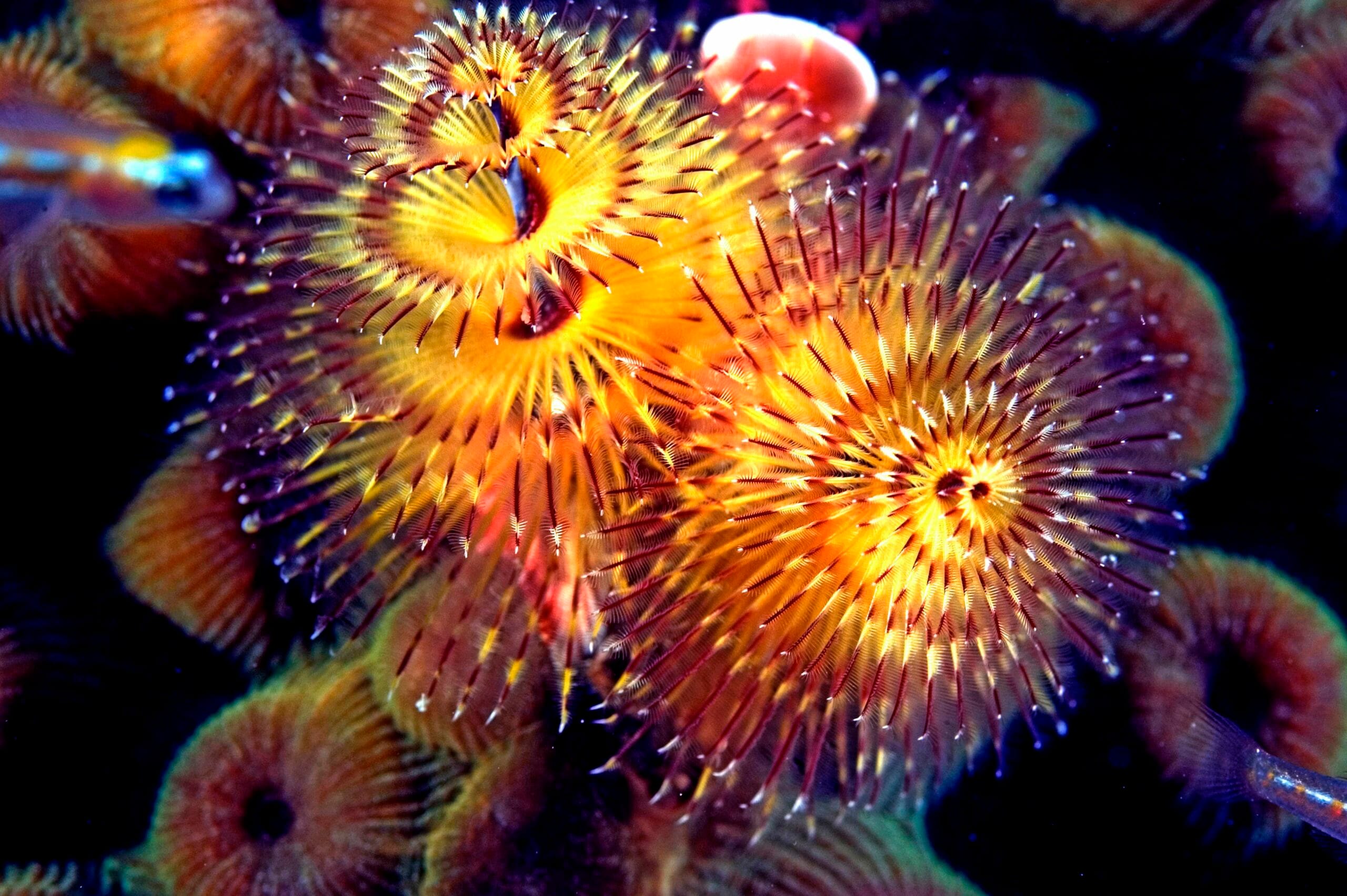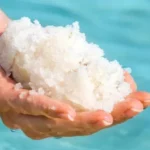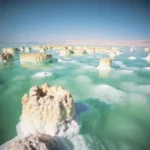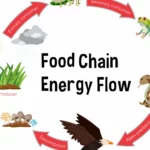We often hear about whales, dolphins, and coral reefs when we think about the ocean. But have you ever considered what happens to all the marine life when it dies? It’s not a glamorous topic, but it’s crucial to the ocean’s health. This is where the ocean’s decomposers, an unseen workforce, diligently recycle nutrients and keep our marine ecosystems thriving.
The Unsung Heroes Keeping Our Seas Alive
These unsung heroes might not be as eye-catching as a giant squid, but don’t let their size fool you. Decomposers are the ultimate recyclers, breaking down dead organic matter – from microscopic plankton to massive whale carcasses. Without them, the ocean would become a giant graveyard, choked with waste and devoid of life.
A Closer Look at the Ocean’s Cleanup Crew
Ocean decomposers are a diverse group, with each member bringing unique skills:
- Bacteria: These microscopic powerhouses are the workhorses of decomposition, found everywhere in the ocean. They break down a wide range of organic materials.
- Fungi: While not as numerous, fungi are masters at tackling tougher substances like wood and bone that end up in the ocean.
- Worms, Sea Stars, Crabs, and More: Larger creatures like worms, echinoderms (like sea stars), crustaceans (like crabs and shrimp), and mollusks (like snails and slugs) contribute to the decomposition process. They feast on dead organisms, breaking them into smaller pieces, making the job easier for bacteria and fungi. Dive deeper into the fascinating world of clathrus archeri devil’s fingers, an otherworldly fungus, and explore the decapodiformes, a diverse group of crustaceans.
The Circle of Life: How Nutrients Flow
Imagine a carefully choreographed dance where nothing goes to waste – that’s decomposition in the ocean. As organisms die and sink, they become a feast for decomposers. Bacteria and fungi, armed with powerful enzymes, break down this dead matter into simpler compounds, releasing essential nutrients back into the water, like returning fertilizer to a garden. These nutrients, including nitrogen, phosphorus, and carbon, are then taken up by phytoplankton and algae, the base of the marine food web. Death and decomposition provide the building blocks for new life in a continuous cycle.
Human Impact: A Shadow over the Unseen Workforce
Human activities are impacting these vital ecosystems. Pollution, climate change, and unsustainable fishing practices threaten the delicate balance of the ocean. Pollutants can harm decomposers, making them less efficient. Climate change adds another layer of stress. Ocean acidification, a result of increased carbon dioxide, can disrupt the delicate balance, affecting the growth and survival of many organisms, including decomposers.
Protecting the Guardians of the Deep
Protecting ocean decomposers is crucial for safeguarding the health of our oceans. By reducing pollution, mitigating climate change, and implementing sustainable fishing practices, we can help ensure these unseen heroes continue their vital work, keeping our oceans teeming with life for generations to come.
What are some decomposers in the ocean?
The ocean teems with a diverse crew of creatures big and small that break down organic material. Microscopic citizens like bacteria and fungi work tirelessly, while more visible members like crabs and lobsters scavenge the ocean floor. This process transforms waste into essential nutrients, like a nutrient smoothie, packed with nitrogen and phosphorus, which are superfoods for marine plants and animals. Without these building blocks, the ocean ecosystem would be in trouble!
Is a starfish a decomposer?
Starfish are not decomposers. While they play a vital role in the ocean, they are scavengers, not decomposers. They consume dead or dying creatures, acting like the ocean’s cleanup crew, making it easier for true decomposers – like bacteria and fungi – to do their work. They lack the biological tools to break down organic matter into its simplest forms. It’s a bit like the difference between composting and just throwing food scraps in the trash. Both get rid of waste, but only one breaks it down and returns valuable nutrients to the environment.
Is a crab a decomposer in the ocean?
Crabs are often seen as the garbage disposals of the sea. They are expert scavengers, feasting on dead animals and plants, but are they true decomposers?
True decomposers have the incredible ability to break down organic matter into its simplest forms. Crabs, however, are more like demolition experts. They use their powerful claws to tear and shred larger pieces of dead stuff into smaller, more manageable fragments for bacteria and fungi to work on.
This process is crucial for maintaining a healthy ocean. By breaking down larger chunks of organic matter, crabs create more surface area for bacteria and fungi, speeding up decomposition and preventing a build-up of decaying material. Without crabs and their cleaning crew of microscopic helpers, our underwater world wouldn’t be the vibrant and thriving ecosystem it is.
This article has explored just a glimpse into the hidden world of ocean decomposers. Future research will likely reveal even more about their complex roles and the challenges they face in a changing world. By understanding and appreciating these unseen heroes, we can all play a part in ensuring the health and wonder of our oceans for generations to come.















